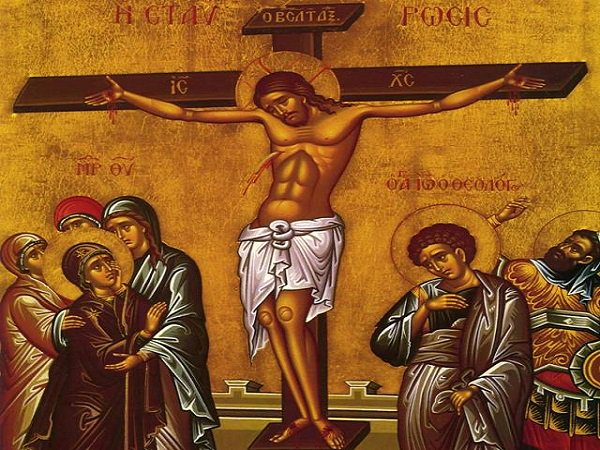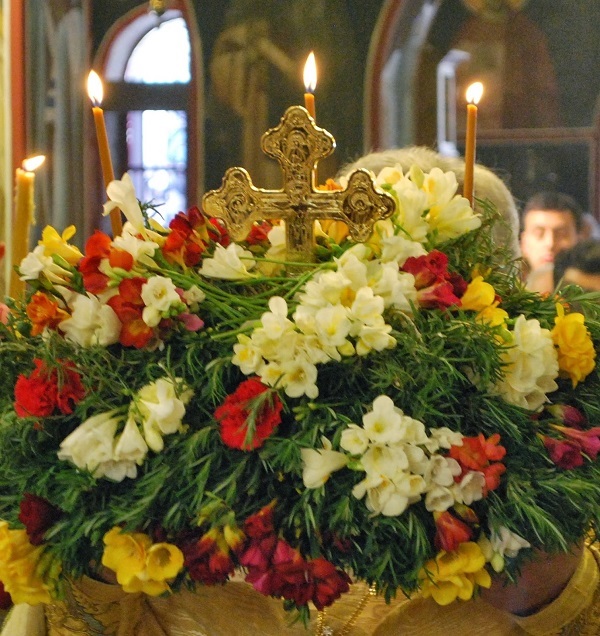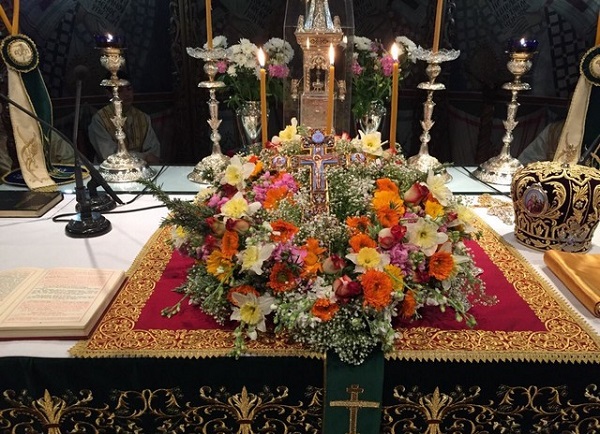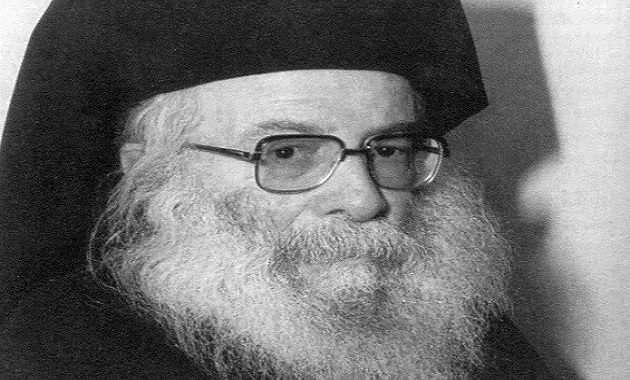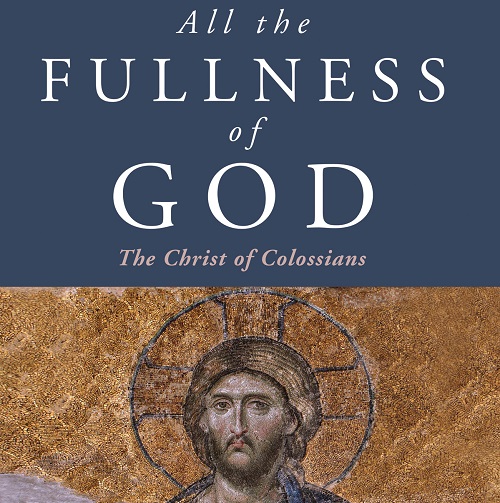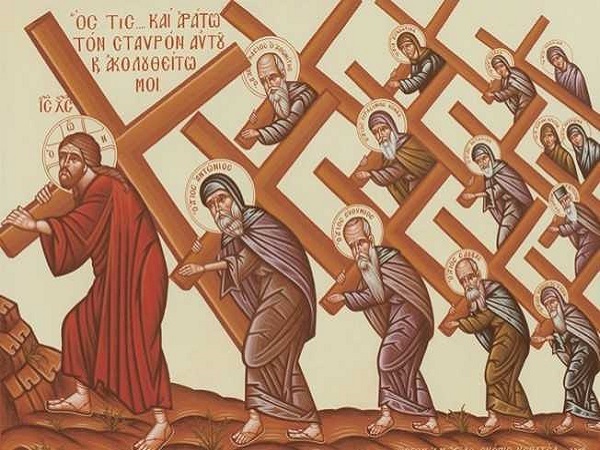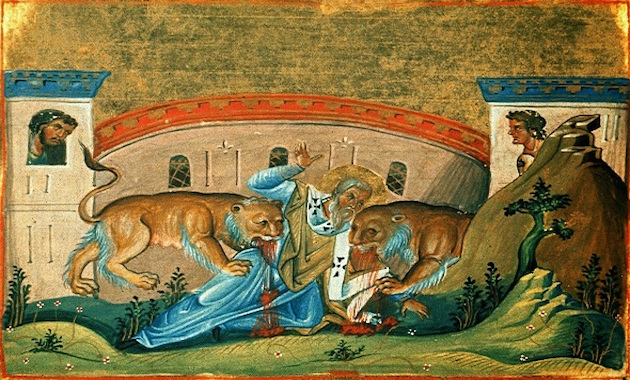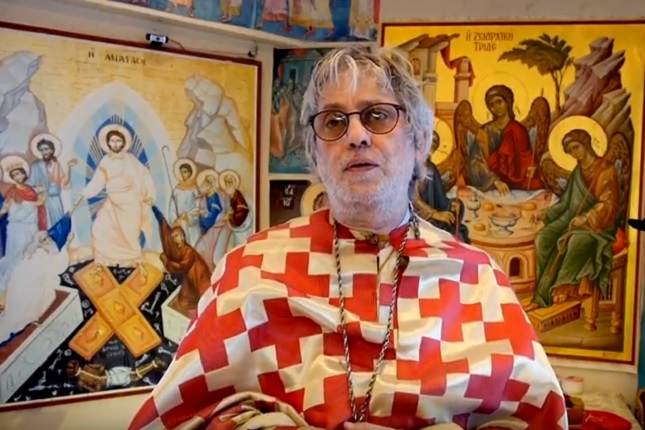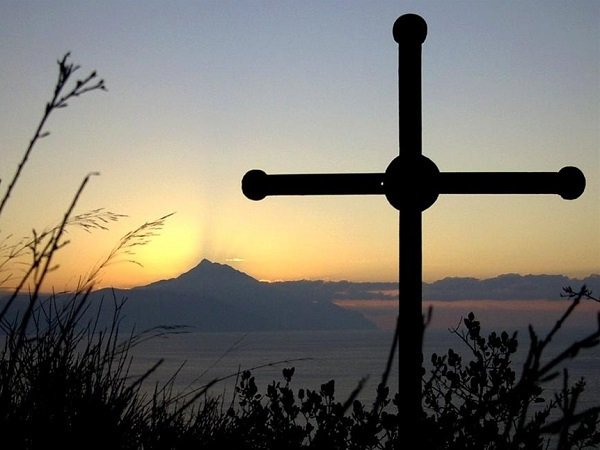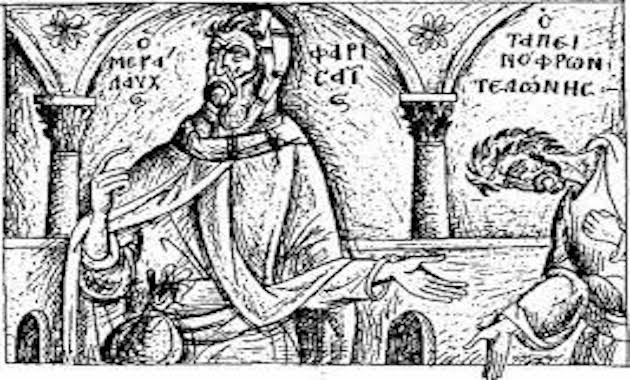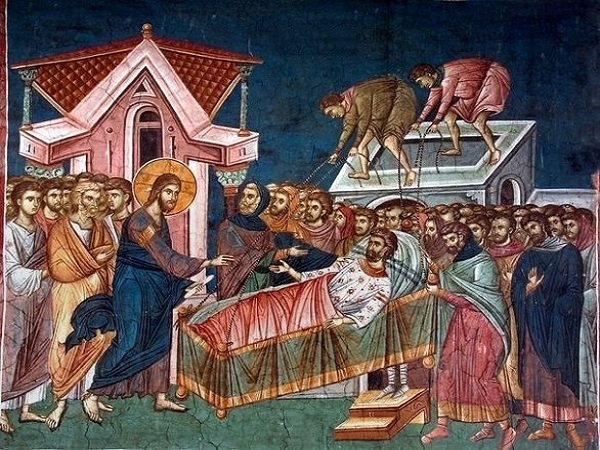
For me there are three kinds of love: that of the flesh, which is full of spiritual germs; secular love, which is superficial, formal, hypocritical and without depth; and spiritual love, which is true, pure and precious love. This is love which can continue ‘unto the ages of ages’. -How will I know that I have real love, Elder. - In order to understand, see if you love all people equally and whether you think all of them are better than you.

